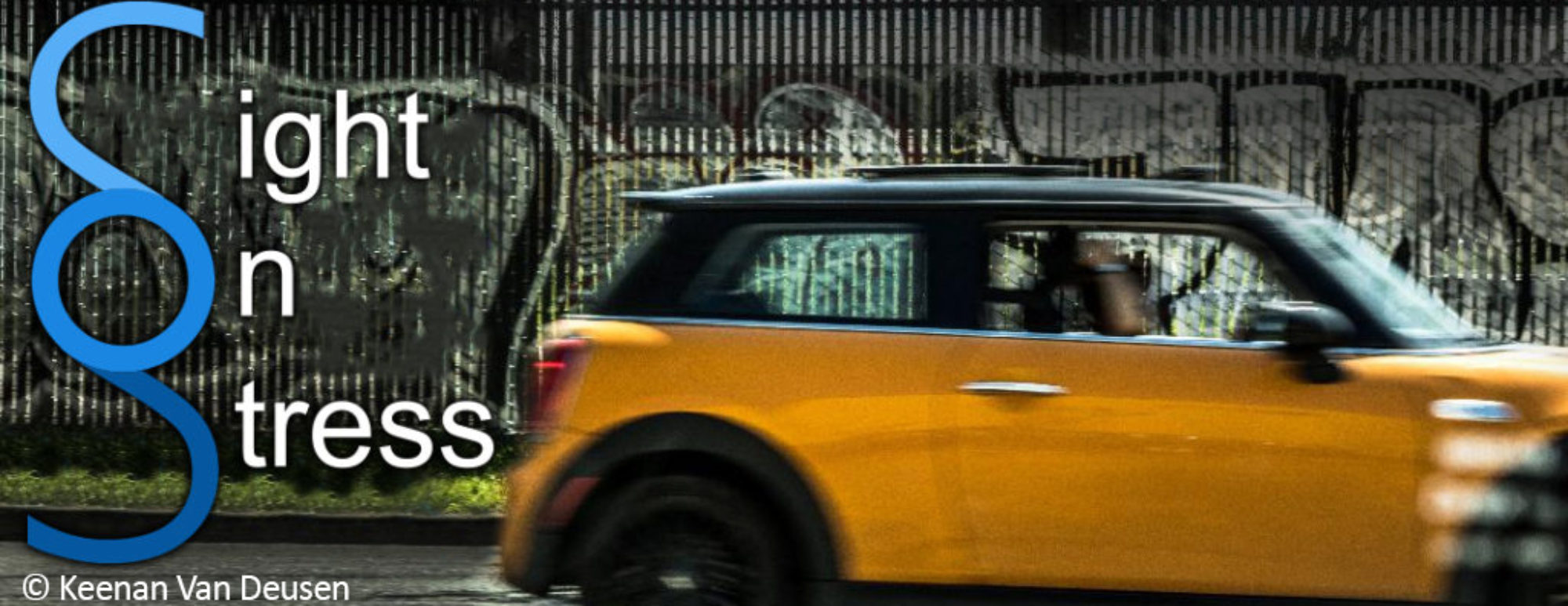
The latest report from the CDC indicates that approximately 35% of adult Americans sleep 6 hours or less per night. Now some sleep researchers argue this point, maintaining this information was taken from a national poll over time, and, therefore, measures were subjective, based on self-report, rather than objective, based on a controlled environment with reliable, wearable devices capable of accurately measuring sleep duration. In other words, the statistic is rough. Others will tell you that short sleep duration is a growing and dangerous phenomenon in the United States….one that negatively affects our emotional, cognitive and physical health and one that can even be lethal.
One thing I know is that roughly 40 % of my patient population has had difficulty sleeping. Some have struggled to get six hours a night regularly while others suffer from sleep deprivation intermittently. Yes, this is a patient population and most clinicians and researchers know that if you have a psychological diagnosis, your chances of having a problem with sleep go up. Therefore, it may not be representative of the general U.S. population, but it certainly indicates that sleep difficulties are a common complaint in psychotherapy.
Let’s look at some CDC statistics. Apparently, the Southeastern states of the U.S. are getting the least sleep. Interestingly, they are also the geographic area with the worst rates of obesity, diabetes and heart disease (conditions that lack of sleep seem to exacerbate.) Women have more trouble sleeping than men (maybe because of hormonal changes that can affect sleep, brain differences or maybe because of other factors, such as the common juggling of children, work and home that seems to fall on women more than men), middle-aged people sleep less than younger or older adults,( again, perhaps because of middle-aged responsibilities or perhaps because of developmental stage and changes that occur in the brain at this age), ethnic minorities sleep less than whites (probably an economic factor) and sedentary people sleep less than active people.
If we are sleeping so few hours, is it really bad for us? Carol Everson, Ph.D. of the Medical College of Wisconsin would say, yes. She has conducted many impressive studies that document the cost of sleep restriction physically and the results are sobering. In one of Everson’s more recent studies, she looked at leukocytes (white blood cells that help counteract disease) in rats as the leukocytes in rats are similar to human leukocytes. What she found was that after 10 days of sleep deprivation there was measurable cell stress and subsequent cell damage in the liver, lung, and small intestine marking a 30% decrease in antioxidants in the liver alone (a decrease greater than 50% is lethal.) While undisturbed recovery sleep of two days produced an increase in antioxidants, resetting the liver and lung back to normal, the small intestine did not entirely recover. From this study it was clear that sleep deprivation injures cells, creating a pro inflammatory state and DNA damage. Furthermore, with recovery sleep cells were being produced in mass in the small intestine as they tried to care for the damage done during sleep deprivation. This created a metabolic burden on the organs. What is particularly noteworthy about Everson’s conclusions is that a routine doctor’s visit would not detect this kind of damage, making sleep deprivation a silent killer.
This may sound dramatic, but we can’t deny the science that has come out of Everson’s lab and many others. C. Stamoulis of Harvard Medical School conducted an experiment involving humans and sleep restriction. Stamoulis took 45 neurologically healthy adults and induced 4 cycles of sleep restriction which included one recovery day in each cycle. Her team measured subjects’ neural oscillations via EEG because neural oscillations are paramount to cognitive functioning. In comparing the sleep restricted group with a control group, preliminary results indicated that the amplitude of these oscillations were less variable and significantly lower than the control group, even during wakefulness and after recovery sleep. This study and many others indicate that repeated sleep loss adversely affects cognitive functioning. However, other studies indicate that not all cognitive tasks are effected by sleep deprivation. For example, decision-making which relies on emotional processing is more affected than other cognitive tasks. If you think that you can jump start your sleep-deprived self with a shot or two of java, think again. According to WD Kilgore, also from Harvard Medical School, the use of stimulants, such as caffeine, after sleep loss did not improve decision-making.
But how can myriad studies that point to dangerous effects of sleep loss on the liver, lungs, intestines, heart and brain be contradicted by Jerry Siegel’s work with nomadic hunter/gather cultures living in the bush in various parts of the world at present and getting 6.5 hours of sleep a night? These folks don’t seem to have disease. They aren’t obese, they don’t have diabetes or heart conditions. One speculation is that our stress levels (which can impact our sleep) not only cause short sleep duration, but also cause poor sleep quality. In other words, the six hours modern society gets may not be as efficient as the six hours these nomadic groups get. While Siegel’s research is fascinating and worth checking out as it speaks to noteworthy lifestyle differences, more research needs to be done to unpack this mystery.
If it were me, I would bow to all the studies that do indicate the risks of short sleep duration on our health and not bank on the idea that, perhaps, six hours is really o.k. just because some folks living in the bush seem to fare well. Remember Everson’s point, that cellular changes that seem to occur as a result of short sleep duration may not be detectable even when disease is underway. Sleep isn’t expendable so if you can help it, a good eight hours a night is recommended.
Dr. Van Deusen received her PhD in Clinical Psychology from the California School of Professional Psychology in Los Angeles in 1992. She has cultivated deep knowledge of attachment theory and stress and has worked with various populations over her two and a half decade career. Her practice is in Seattle, Washington. Buy her book Stressed in the U.S.: 12 Tools to Tackle Anxiety, Loneliness, Tech-Addiction and More here


Another interesting and thought provoking entry by Dr. Van Deusen who packs her essays with equal parts research, anecdotal material and her own level headed commentary.
For instance, when speaking of comparing the adequacy of 6.5 hours of sleep for nomadic people with the poor quality of 6.5 hours of sleep for modern people, she comments that perhaps there needs to be a wider comparison of differences between the two…to say the least.
Again, I enjoyed another SightonSleep entry.